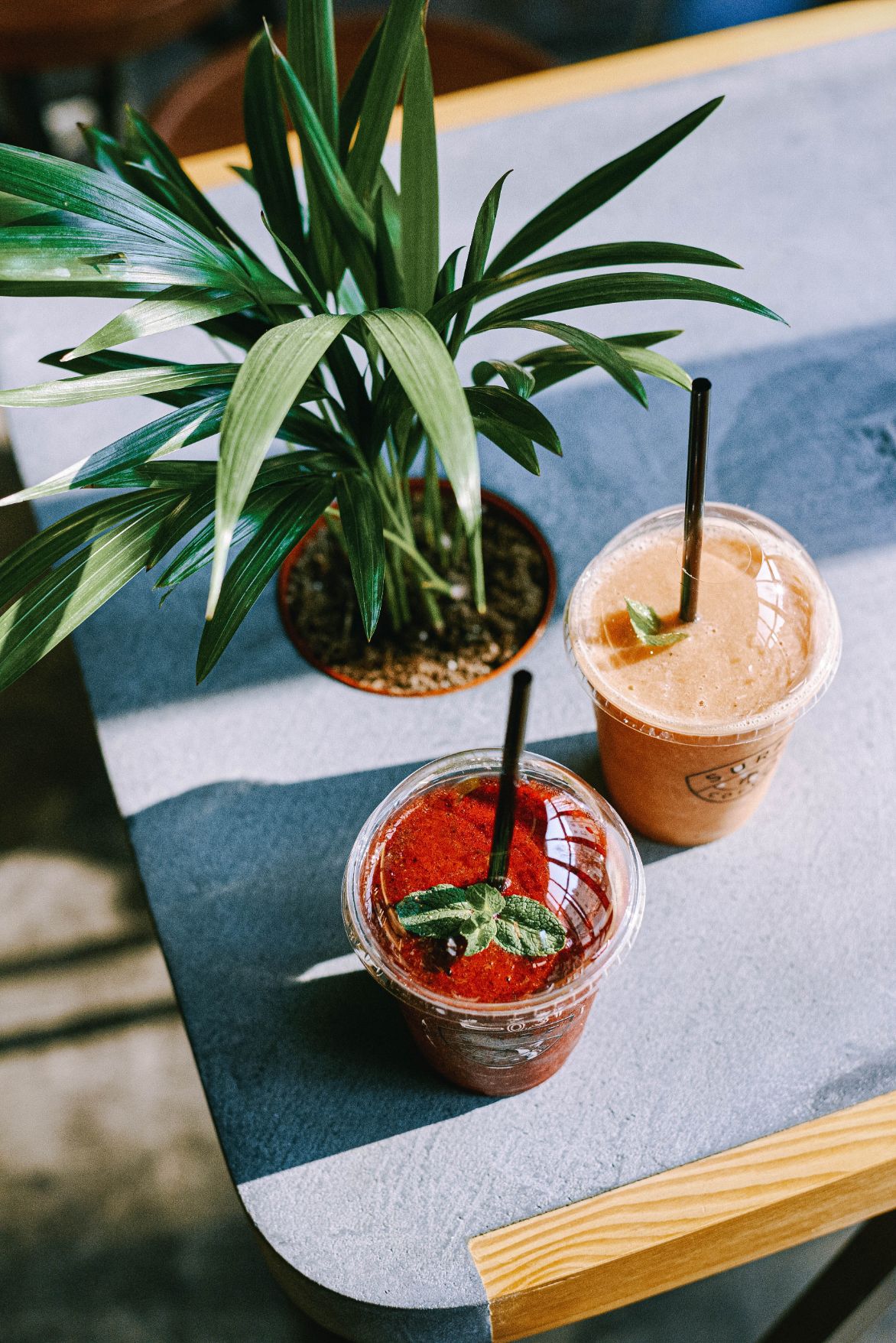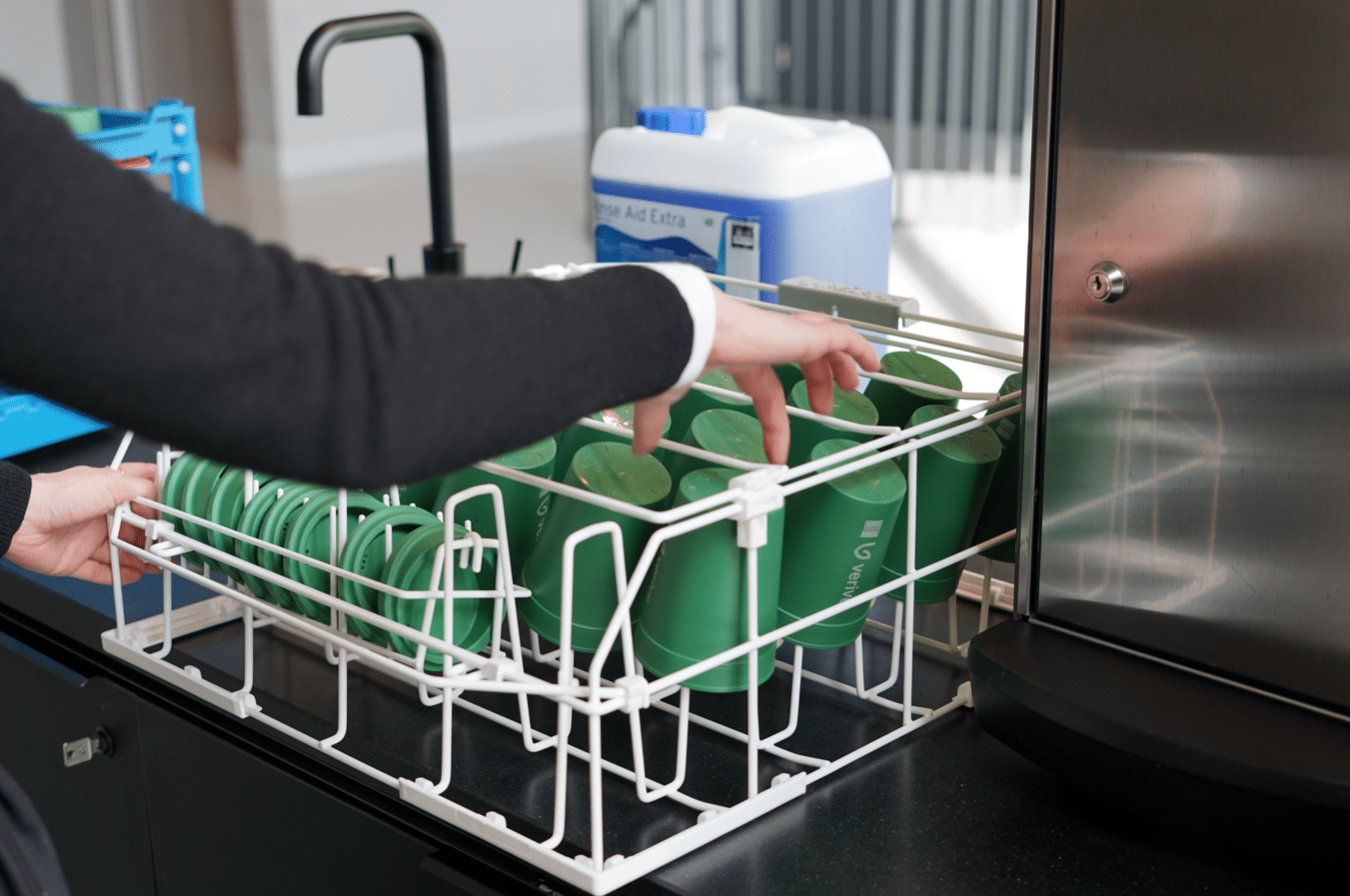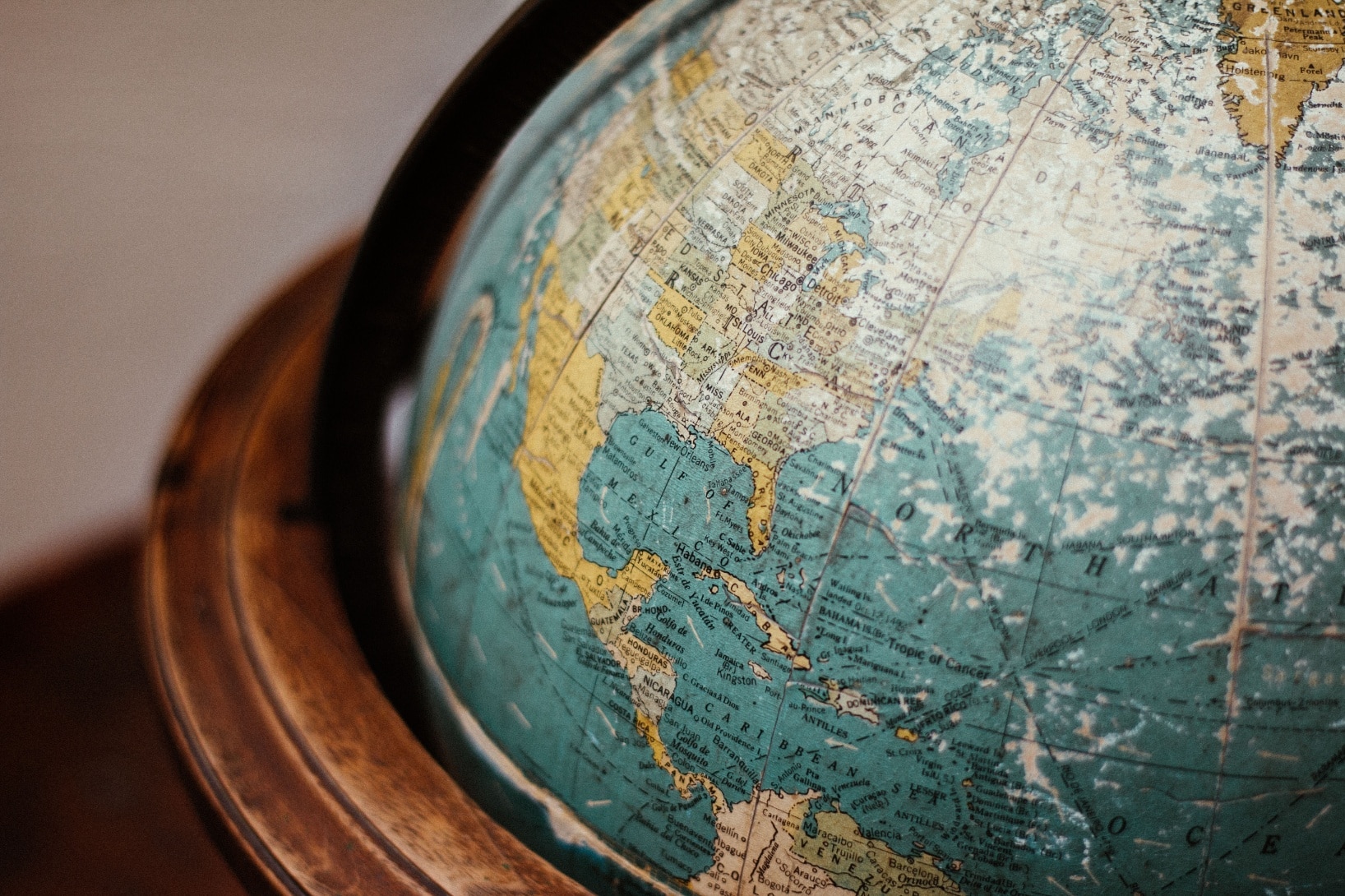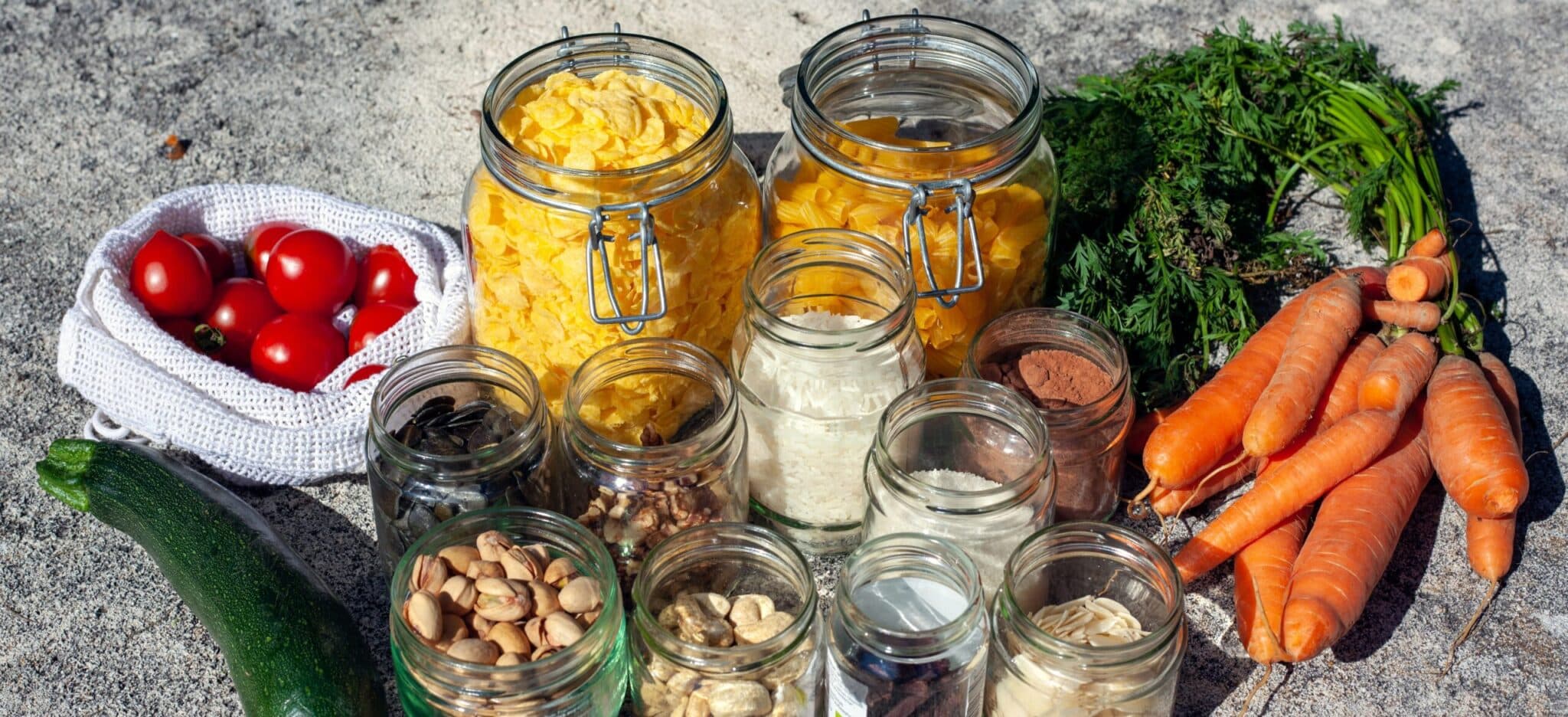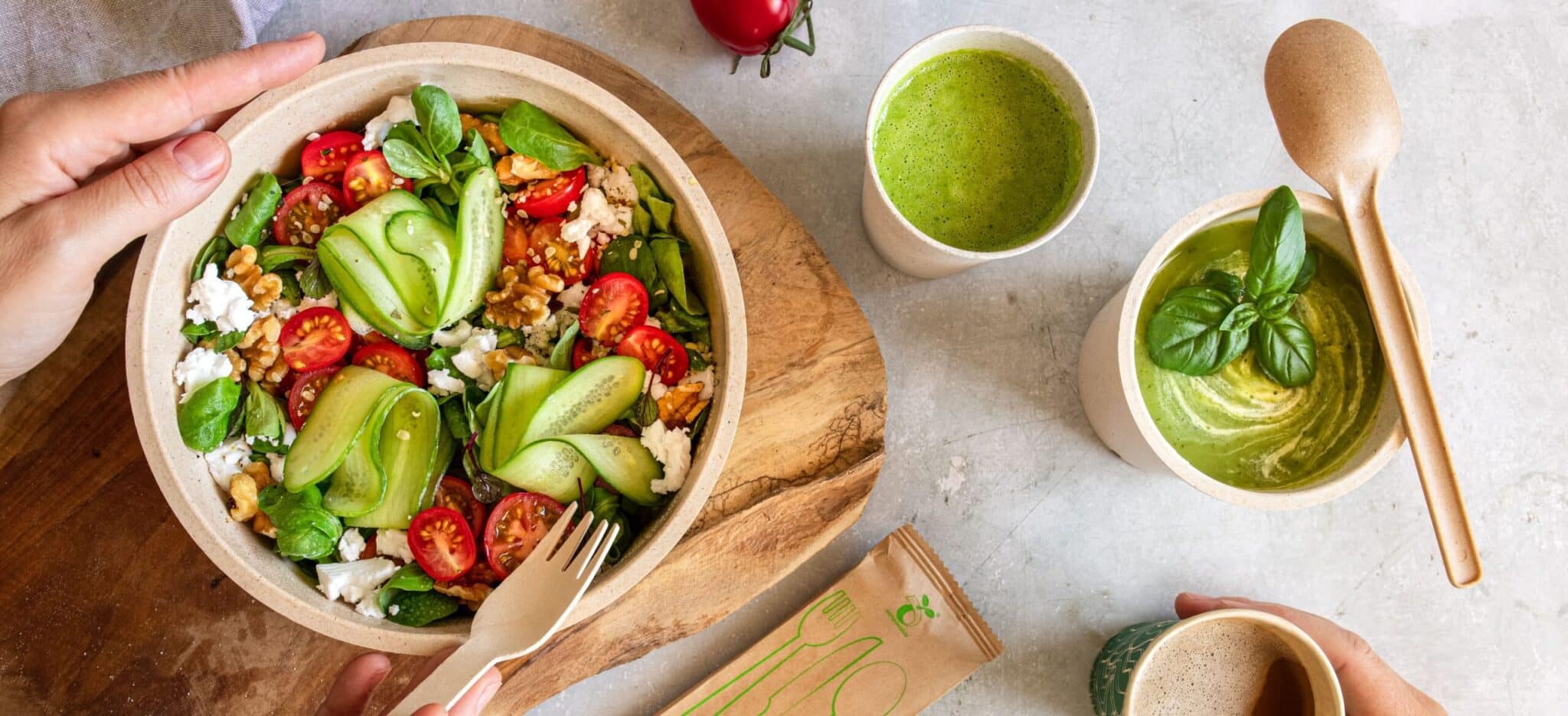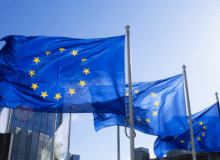About this article
Products labelled ‘plastic-free’ are often considered more sustainable. But what does ‘plastic-free’ really mean – and is it the most environmentally-friendly choice?
There’s no question that plastic pollution has become one of the major challenges facing the world today – and the choices made about packaging have a huge role to play in the move towards a more sustainable future. Products labelled ‘plastic-free’ are often considered more sustainable. But what does ‘plastic-free’ really mean – and is it the most environmentally-friendly choice? Or is it not the catch all solution that it seems?
Plastics are polymers
Though ‘plastic-free’ sounds like an unambiguous term, it happens all too often that a product made from bioplastic is marketed as “plastic-free”. This is unjustified because bioplastics, such as PLA, are ultimately plastics. The key is the definition of plastic: made of polymers, and whether those polymers have a natural or chemical origin. Referring to a product that contains naturally derived polymers “plastic-free” is incorrect and greenwashing.
The same applies to products that are predominantly made from different materials, but still contain polymers – such as adhesives, lubricants and paints – which can claim to be ‘plastic-free’ while still containing environmentally damaging polymers.
If you too want to avoid greenwashing then we recommend asking robust questions of any supplier in order to determine whether a product is genuinely free of plastic and similarly (or more) harmful polymers.
The key is the definition of plastic: made of polymers, and whether those polymers have a natural or chemical origin
Plastic isn’t the enemy
The term ‘plastic-free’ implies that plastic as a material is the problem. But plastic products can have a lower ecological footprint than plastic-free alternatives, and can also be a useful tool in the fight against food waste. If a plastic product is disposed of correctly – whether through recycling or composting – it can play a valuable role in a sustainable future. Plastic can be recycled several times, however to this day recyclable plastics end up in landfill or being incinerated. If we ensure that plastic is recycled as often and as many times as possible then it becomes an even more sustainable material. In short, the use of ‘plastic-free’ labelling suggests that plastic does not belong in a sustainable world and can lead to the use of less sustainable options.

Choose the right material consciously
Understanding a product in detail and from a full lifecycle perspective is key to making sustainable choices. We interrogate the specifics of any of our sustainable packaging products, so we know exactly what it’s made of. Most importantly, we can work with you to identify the most effective and sustainable choice in the context of your available waste infrastructure. Our range is deliberately varied enough to cater to these different contexts and user behaviours, and we are also here to support you with raising awareness among your consumers about the correct waste disposal.
Above all, we are committed to ensuring that none of our customers are misled or blinded by fancy language and limited information. Transparency and detailed information are critical to this – so that we can match you with products that will optimise your business’s sustainability.
We’re happy to help
Would you like to know more about how we work or our commitment to combatting greenwashing? Reach out to our team today, we’d love to hear from you.
